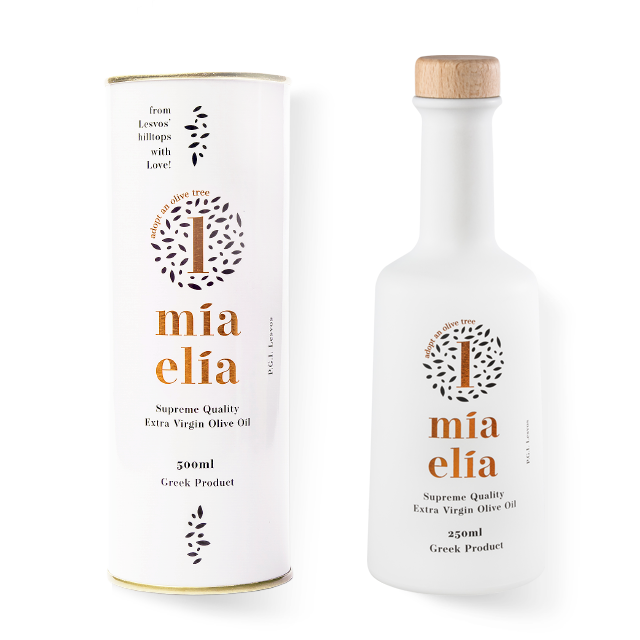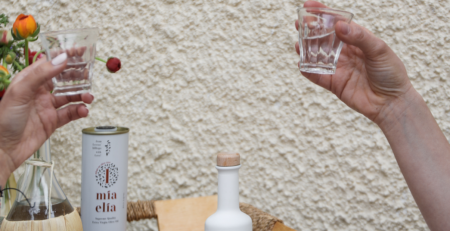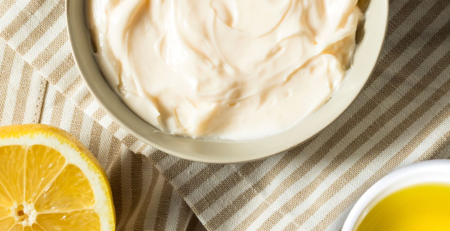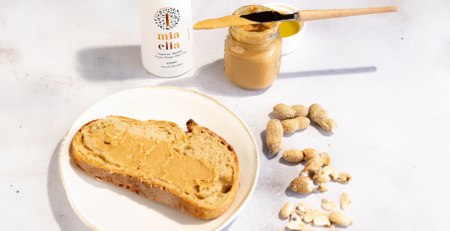Extra Virgin Olive Oil is one of the fundamental elements of the Mediterranean diet. We love it for its wonderful taste and for its nutritious elements. Our beloved Nutritionist Valentina Kanta explains in detail all the beneficial ingredients and nutrients that extra virgin olive oil offers to our body and the difference it can make to our health to include it in our diet.
Extra Virgin Olive Oil is a key component of Mediterranean Diet
Antioxidant effects
The most abundant antioxidants in olive oil, are vitamin E, carotenoids, and phenols. They are the key nutrients that help prevent free radical attacks & protect the skin from them.
Olive oil consumption, specifically extra-virgin olive oil, is associated with reduced risks of cardiovascular disease and lowers bad cholesterol.
Olive Oil Is Rich in Healthy Monounsaturated Fats which reduce low density lipoproteins (LDL or “bad cholesterol”) & increase high density lipoproteins (HDL or “good cholesterol”) helping the cardiovascular system as well as the prevention of thrombus formation and platelet aggregation. It has beneficial effects on cardiovascular risk factors
Reduce your risk of developing atherosclerosis
Most heart attacks and strokes are due to atherosclerosis, a disease in which plaques build up in the lining of arteries.
These plaques consist of substances that are found in blood, fats and cholesterol. Consumption of foods rich in vitamin E such as extra virgin olive oil has been associated with lower risk of atherosclerotic lesion formation. Although the use of vitamin E supplements to prevent cardiovascular disease but does recommend the consumption of foods abundant in antioxidant vitamins and other nutrients.
Reduce risk factors for metabolic syndrome & diabete
Several studies have shown that diets that provide more than 12% of energy by monounsaturated fatty acids, include the use of olive oil, tend to have favorable results on adipose tissue (body fat), blood pressure and prevent or control metabolic syndrome. Similar effects have been demonstrated in diabetes.
Contains Omega – 3 fats
Omega-3 help build the brain and improve memory
Lower risk for Melanoma
Melanoma, may be slowed down by consumption of olive oil, which is rich in antioxidants as well as squalene.
Improves digestion
Olive oil is known to aid in the digestive process. The digestibility of olive oils is far superior to that of all other dietary fats. If the reference value of olive oil digestibility is equal to 100, these are the values calculated for other vegetable oils, Sunflower oil: 83, Peanut oil: 81 and Corn oil: 36
Boosts Nutrient Absorption
Olive oil strengthens the absorption of nutrients (eg calcium, iron, magnesium, especially when combined with greens and even with potatoes. Especially extra virgin olive oil, which contains higher amounts of monounsaturated fatty acids
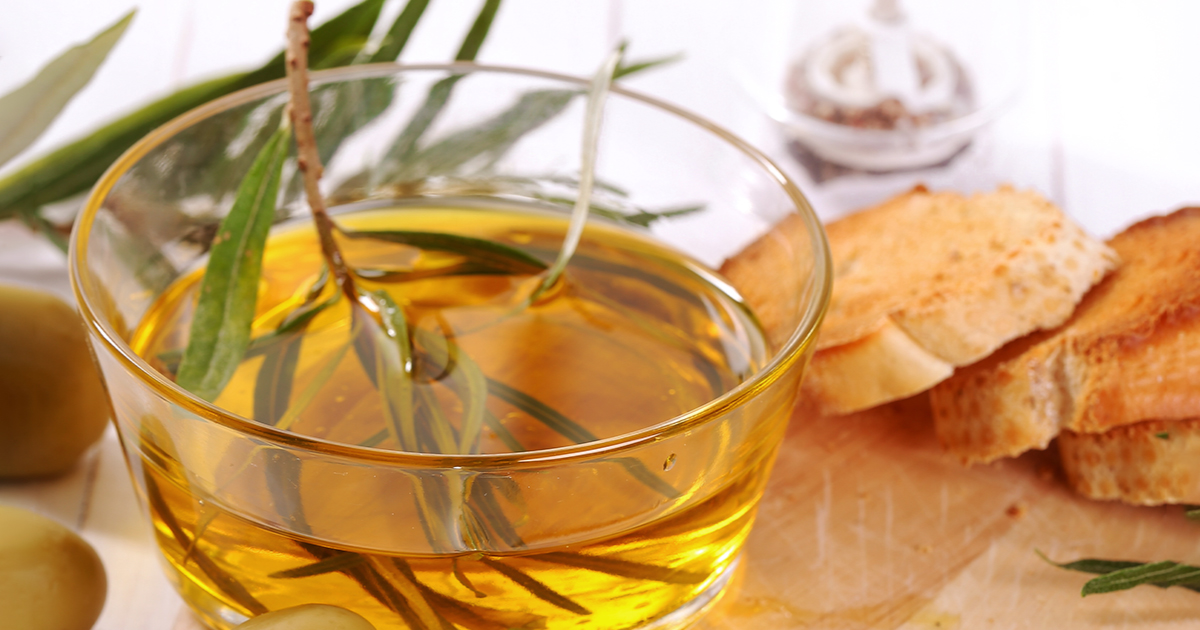
Helps treat constipation
Olive oil may be a safe and healthy way to get stools moving again and relieve constipation. One tablespoon of olive oil, taken on an empty stomach in the morning, may relieve constipation for many healthy adults. However, it is not recommended for babies and children.
Regulates appetite
Work groups at Technische Universität München and at the University of Vienna studied how extra virgin olive oil helps weight loss. Their findings show that aroma is capable of regulating satiety
Extra virgin olive oil is considered to be the healthiest type of olive oil
Extra virgin olive oil is essentially the naturally extracted juice from fresh olives, using natural methods and standardized for purity and certain sensory qualities like taste and smell. The rest olive oils, including low quality olive oils, use spoiled olives, High temperatures or chemicals in the process, and the oil is made odorless, colorless, and tasteless. Over 50% of the oil consumed is of such poor quality that it must be refined to produce an edible product. Humidity, temperature, sunlight, Health of fruit, Method and period of post-harvest fruit storage, ferments and various microorganisms are some of the factors affecting hydrolysis of the olive oil. So, free acidity, specifically oleic acid, is an important parameter although it does not always define the quality of olive oil.
Olive oil is one of the best oils for frying
Olive oil is one of the most stable oils for cooking. Unlike other common cooking oils, olive oil contains monounsaturated fatty acid, Vitamin E and antioxidants that prevent the oil from breaking down under moderate heat.
Always remember that even healthier fats like olive oil are high in calories, so use them in moderation.
Valentina Kanta
Dietician, Nutrinionist
kantamv@gmail.com





